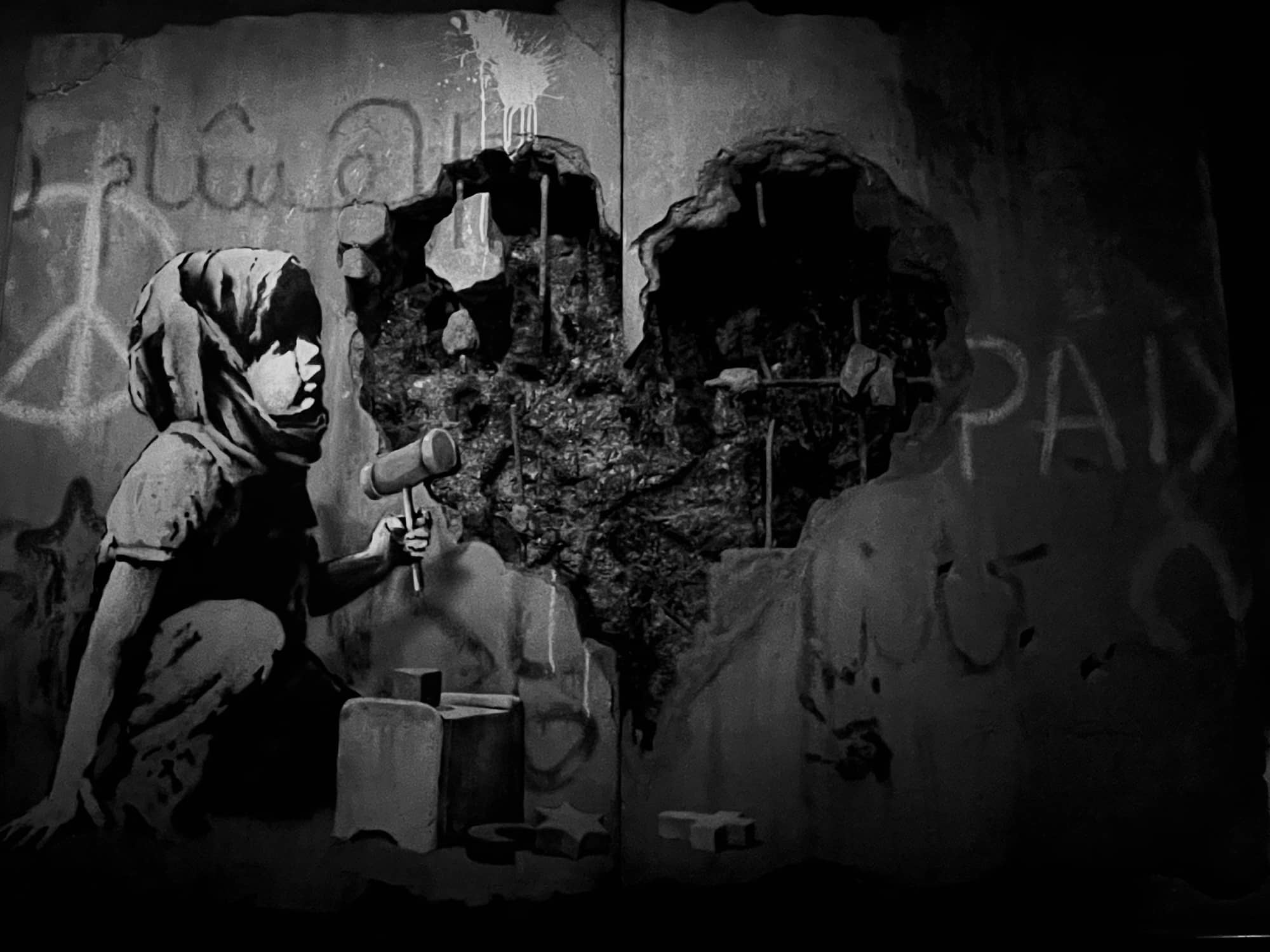During these two long years of aggression against Gaza, I have found myself returning constantly to a line by the Palestinian writer Ghassan Kanafani in Return to Haifa:
“Do you know what the homeland is, Safiyya? The homeland is where none of this can happen.”
This sentence has lived within me, an echo that keeps asking: what is homeland? I don’t know what homeland means to all of you, but I’ve spent these years trying to define it for myself.
Today, I woke up with a heavy, burning anger, a feeling that has been buried deep inside me for two years. Since the martyrdom of the journalist Anas Al-Sharif, my anger toward everything around me has shifted into something else, something that makes all worldly frustrations feel trivial. What can be harder than loss? The answer, I’ve come to realize, is healing after loss, a wound that keeps breathing long after the pain sets in.
As a Palestinian, I grew up hearing the words of the Iraqi poet Ahmad Matar:
“We die, we die, so that the homeland may live.”
These words were sung at memorials for martyrs, in schools on Independence Day, every 15 November, our supposed day of celebration. But how do we celebrate independence when we’ve lived under occupation for 79 years? Death, I know, is a natural part of life, the balance of existence. But why should I die for my homeland? Why must our love for this land always be measured in sacrifice? Has dying become the easiest part of living?
I remember singing this in school, proud and innocent, never imagining the weight of reality: that love for one’s land could demand life itself, and that freedom might remain a dream just out of reach.
Freedom, a word that carries the sound of peace, has always felt complicated to me. I used to think of it as a personal thing: freedom from societal pressure, from internal fear, from invisible chains. But in Palestine, freedom can’t be separated from justice. Freedom and justice for Palestine, they are words I’ve heard all my life. And although the news may say the war on Gaza has ended, reality says otherwise. The occupation continues. The suffering continues. The blood has not dried. Every day we resist, we struggle to reclaim what is rightfully ours, and every day we lose souls to this land. The world hears the numbers, but numbers can’t carry names, faces, or dreams. Freedom isn’t just a word, it’s a battleground. How can justice exist when the rules are written by those who deny it? Yet we persist, hoping our resilience will someday bend the arc of history.
And so I keep asking myself: why must we die for our homeland? Why must survival itself be treated as an achievement? Why must ordinary life – living freely, joyfully, with dignity – feel like a privilege we must earn with blood?
If we die for this land, what will become of our freedom? For whom will it remain? If we scream against oppression, how long can we keep up the energy? Will the weight of grief, exhaustion, and loss silence our cries before they can reach the world? Ahmad Matar’s words echo again in my mind:
“I wish for silence so that I may live, but what I encounter compels me to speak.”
Even when our bodies are tired.
Even when our voices tremble.
The act of speaking – of screaming – becomes both a duty and a lifeline.
The scream is not just sound. It is defiance. It is a refusal to be erased. It is testament: that we are alive and that our homeland, our people, will not be forgotten. It is a moral act, a claim on existence, in memory of those who have fallen. And even as our voices tire, the choice to speak, or scream, becomes a question every Palestinian must face: will we bear witnesses or stay silent?
As Mahmoud Darwish once wrote:
“We love life whenever we can.”
We love this land deeply. We believe that Allah has chosen us to live upon it for a reason, a reason that perhaps we will only understand at the end of our lives. But as exhaustion seeps into my bones, only one question remains: do we still have the chance to dream of freedom?
Perhaps freedom begins in the act of speaking, of naming, of remembering. Perhaps in our defiance, however small, the homeland lives not only in land, but in hearts that refuse to be silenced.




